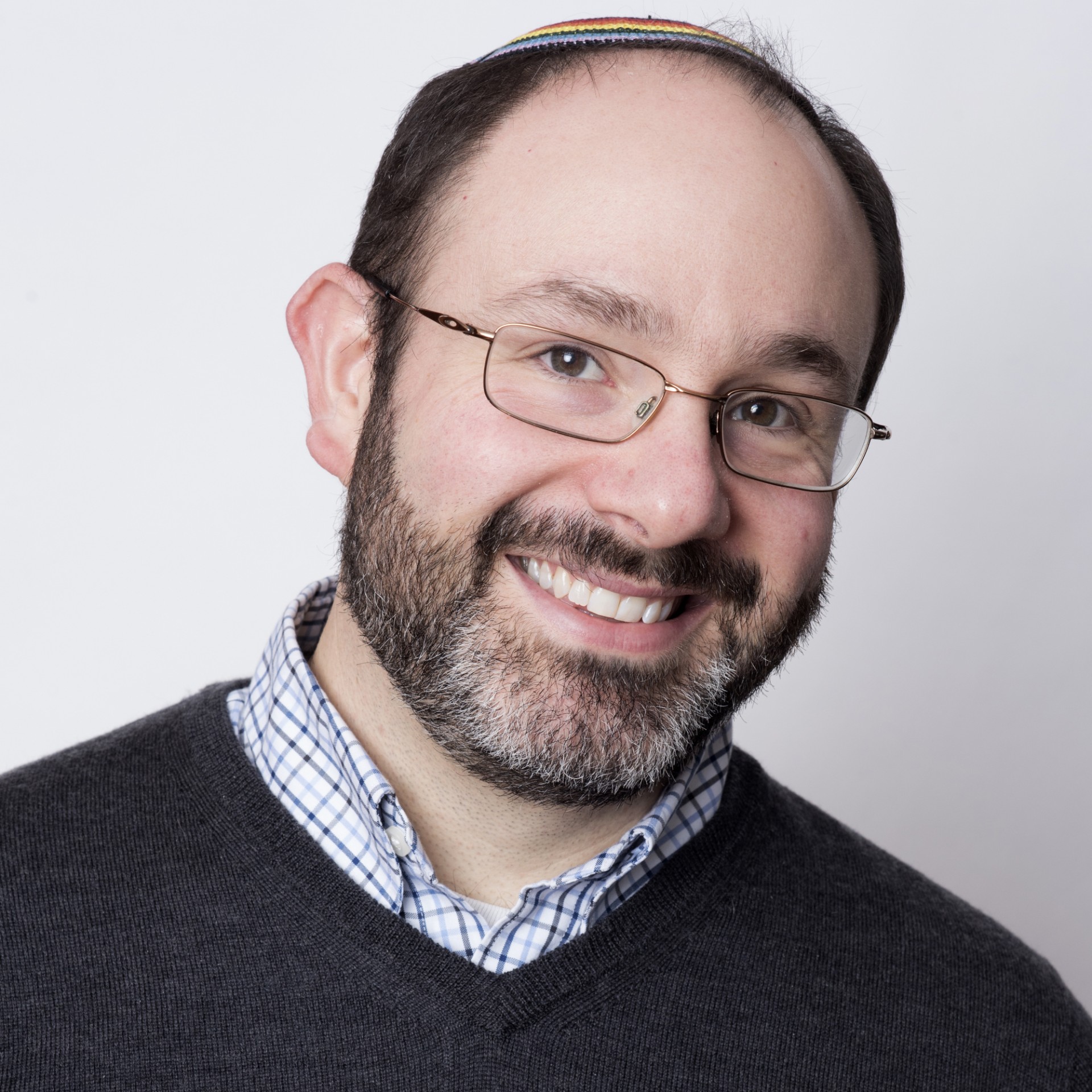During my time in the TorahTrek Wilderness Guide training program, I had the privilege and pleasure of studying at Rose Mountain, a retreat center run by Andy Gold in the wilderness outside of Las Vegas, N.M. The 18-month cohort included several wilderness experiences and two vision quests — solo camping periods filled with meditation, prayer and reflection.
Before our second vision quest, our colleague Rabbi Mike Comins, who oversaw the program, shared with us a teaching about loyal soldiers.[1] This term, emerging from World War II, speaks about our engrained ideas and how we move on from them as we grow and change. At the end of the war, some Japanese communities had the wisdom to understand that many soldiers returning home were not ready to re-enter society immediately. For these soldiers, their only identity during their formative years had been as “loyal soldiers,” and now that the war was over, they were struggling to discover a broader sense of self. Japanese communities developed a ritual whereby soldiers returning home were thanked and praised for their service. An elder would then announce, “The war is now over! The community needs you to let go of what has served you and us well up to now. We now need you to return as a parent, a partner, a friend, a mentor — something beyond a soldier.”
This process of shedding the old identity requires that we recognize the value that it once held, even while recognizing that it no longer serves us well. I would suggest that even though Rabbi Mordecai Kaplan wisely recognized that chosenness was a loyal soldier that had served the Jewish people well over generations, we have struggled to help the rest of the Jewish world let go of this ideology. And so, with tenderness and love, we should continue to nurture our community to confront the idea of chosenness and release this loyal soldier.
There are many ways to do that, but I invite us to lean into the origin story of loyal soldiers and utilize ritual as a pathway forward. Perhaps we could request our congregants and community leaders write poems or to journal. We might be able to develop a contemporary ritual that assists our community in thanking this ancient ideology, while acknowledging that it no longer has a place in our understanding of the modern world. We could write music through our creative voices that celebrates the shift in liturgy. We can paint, draw or create other types of artwork that demonstrates our confronting chosenness.
At Rose Mountain, I was able to craft a ritual for the loyal soldiers I was carrying with me in my personal and professional life. It was a moment of deep transformation and a gift that the wilderness gave me. I am hopeful that, as connected colleagues through the RRA, we can develop the tools to help our community welcome in the idea of chosenness, even as we acknowledge it no longer serves us well. Then, we can honor that ideology, offer gratitude for how it helped us survive, and discharge it in favor of a vision where all peoples have equal access to the Source of Calling.
[1] The story of the loyal soldier is adapted from Richard Rohr’s book, “Falling Upward: A Spirituality for the Two Halves of Life.”







